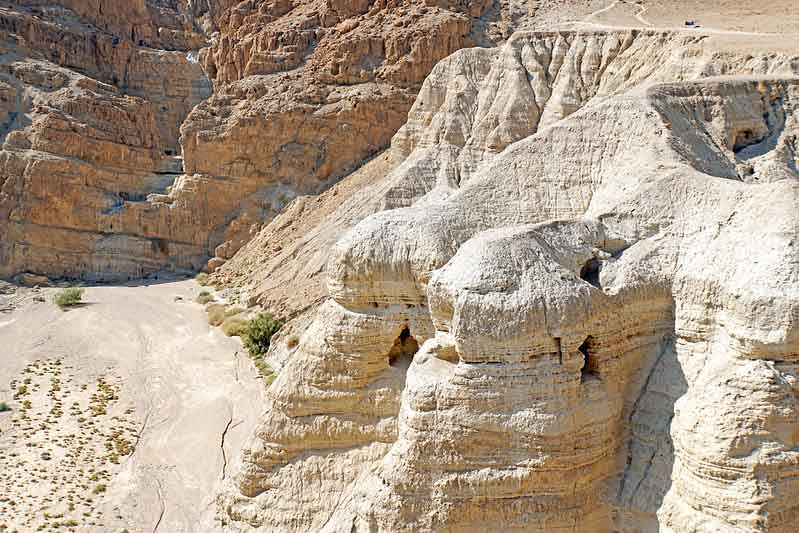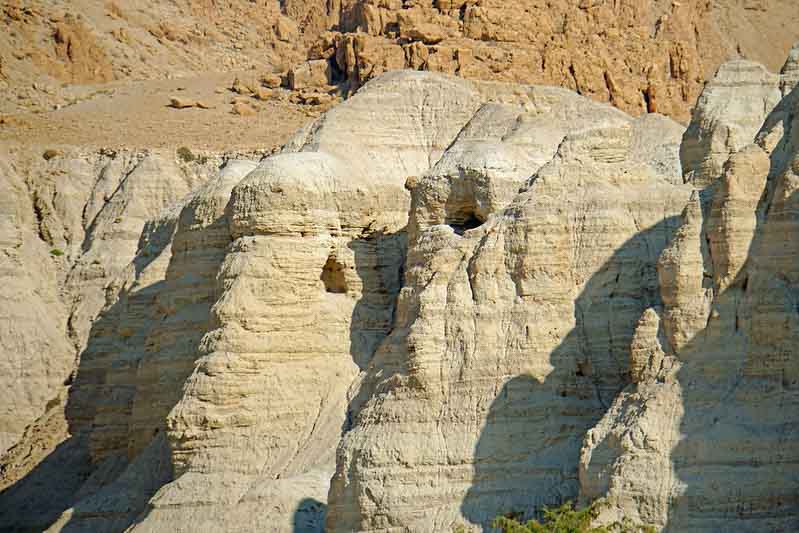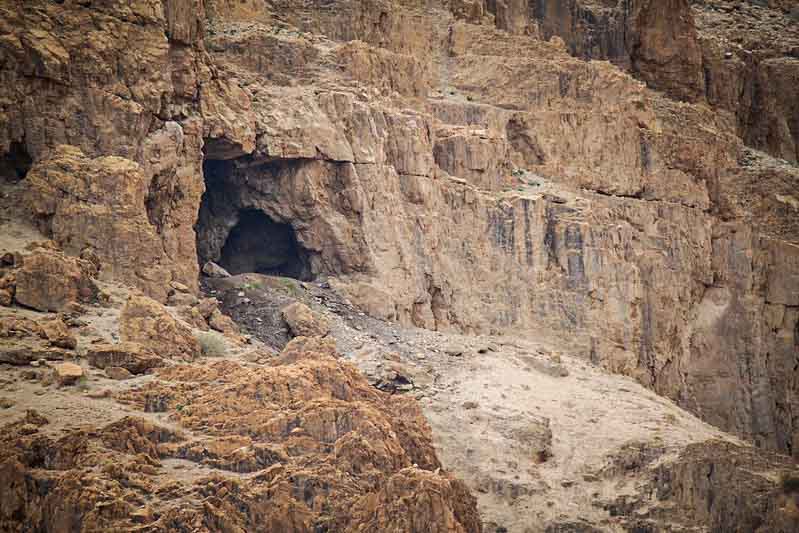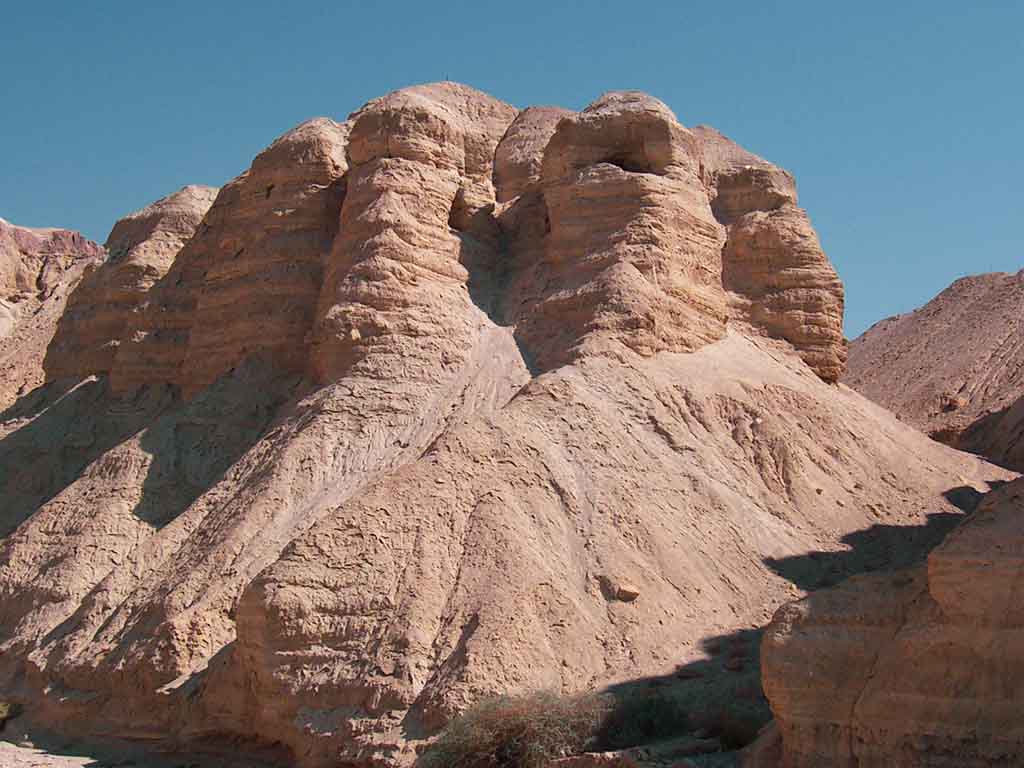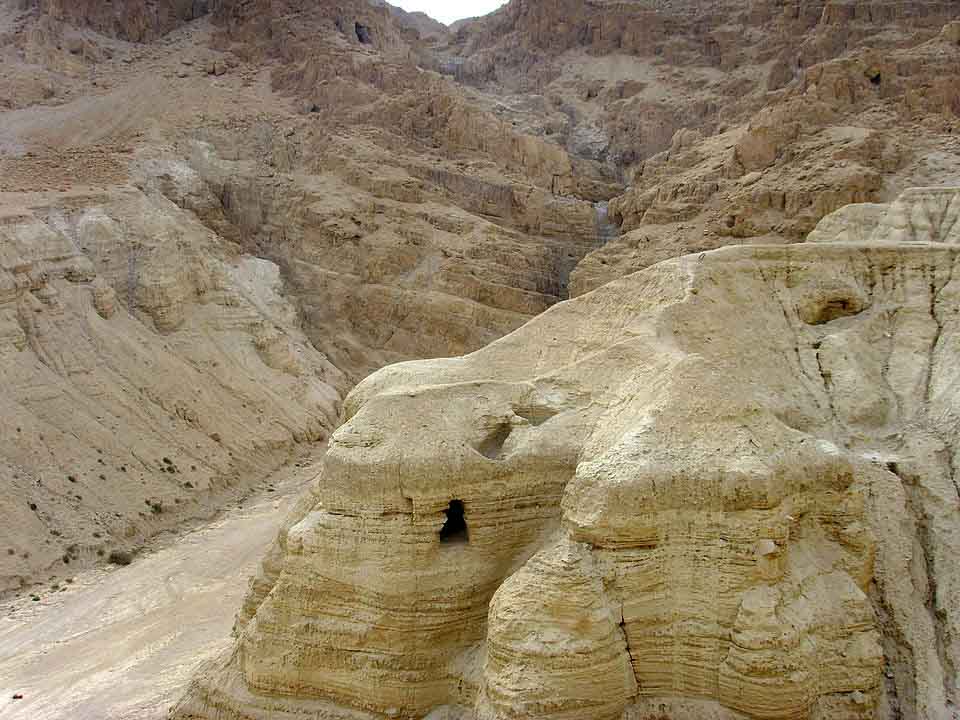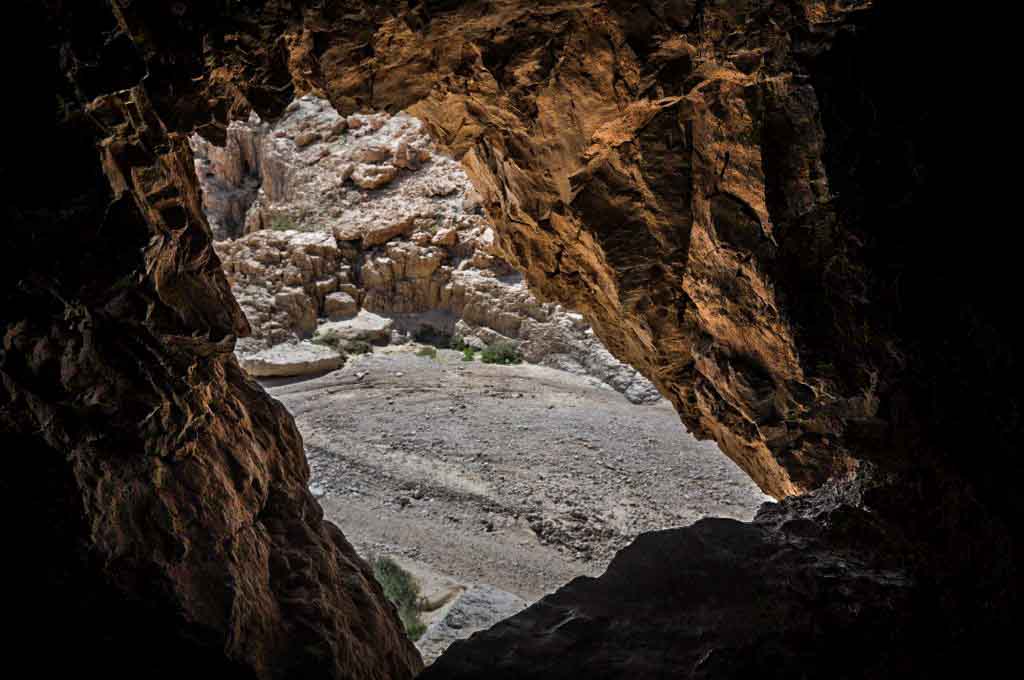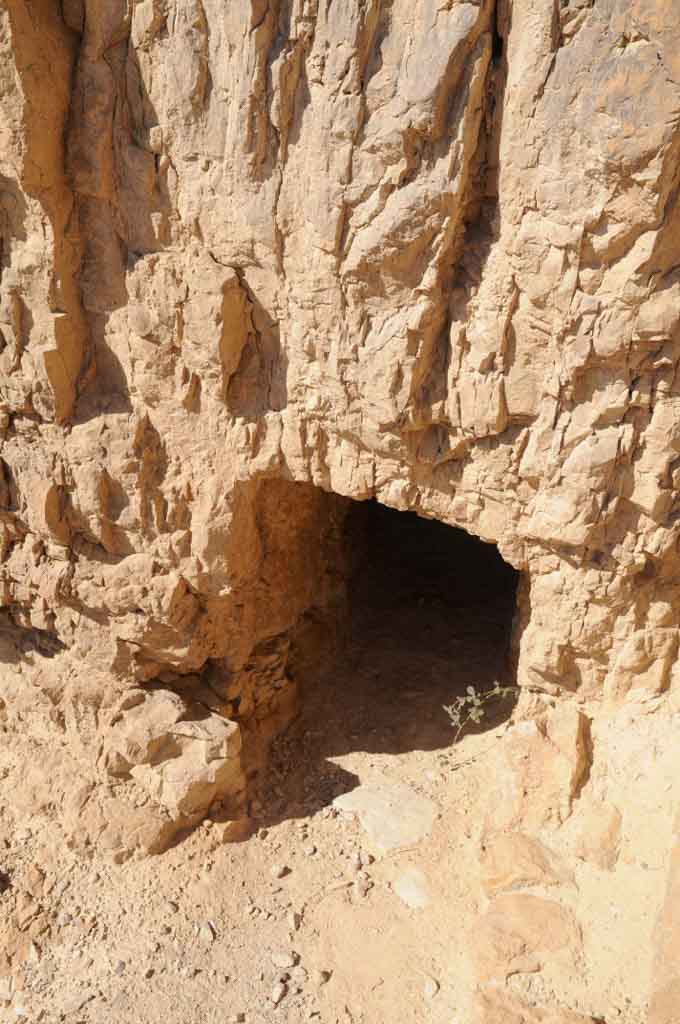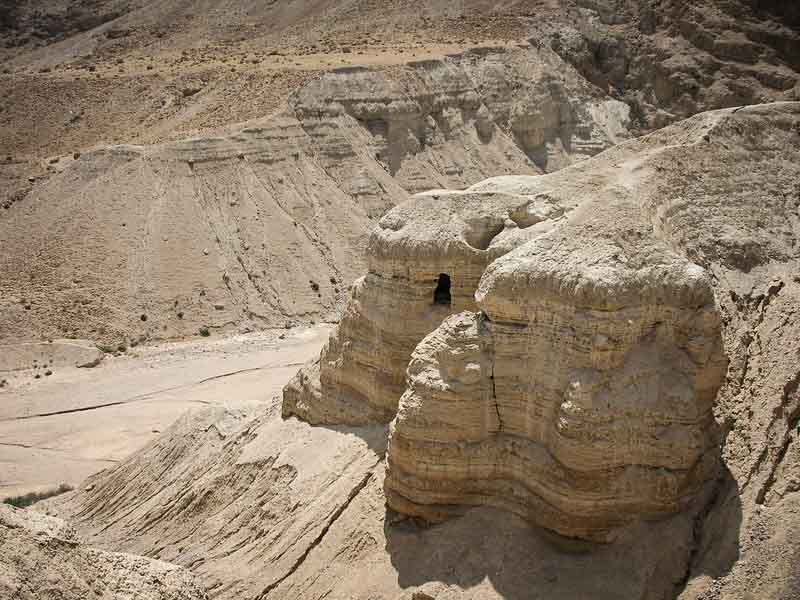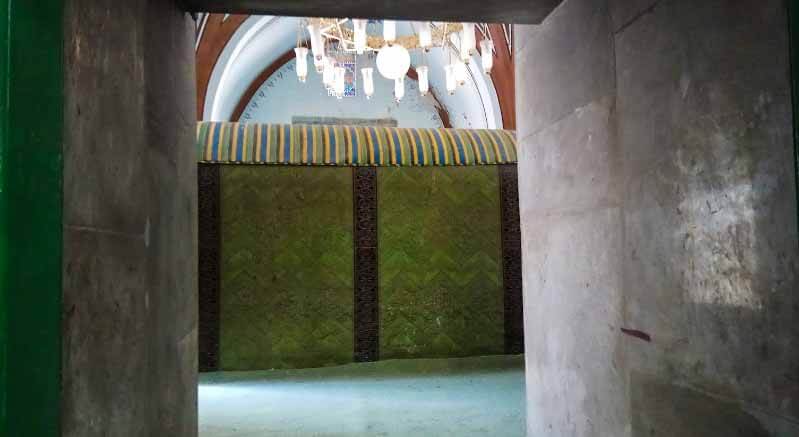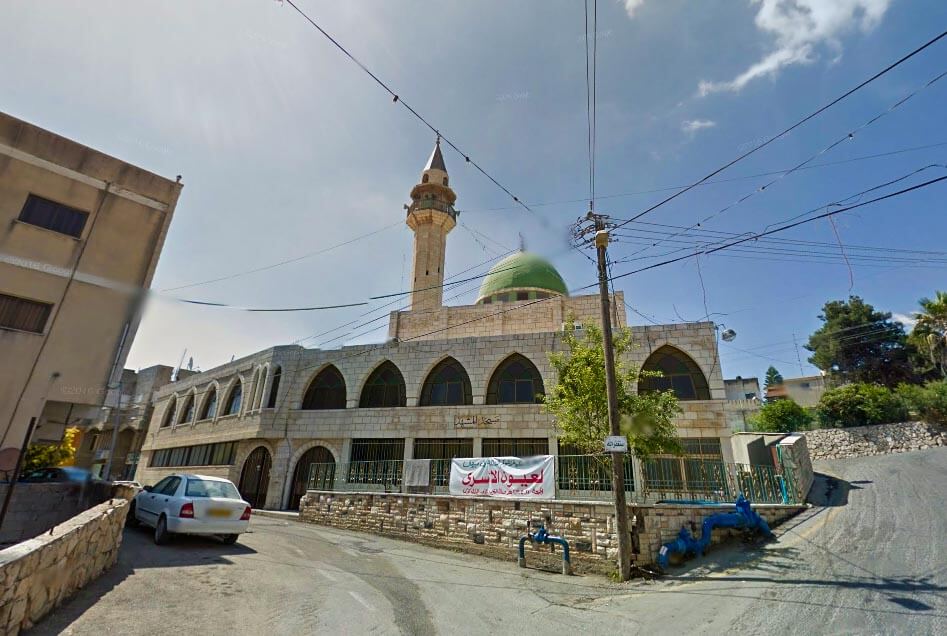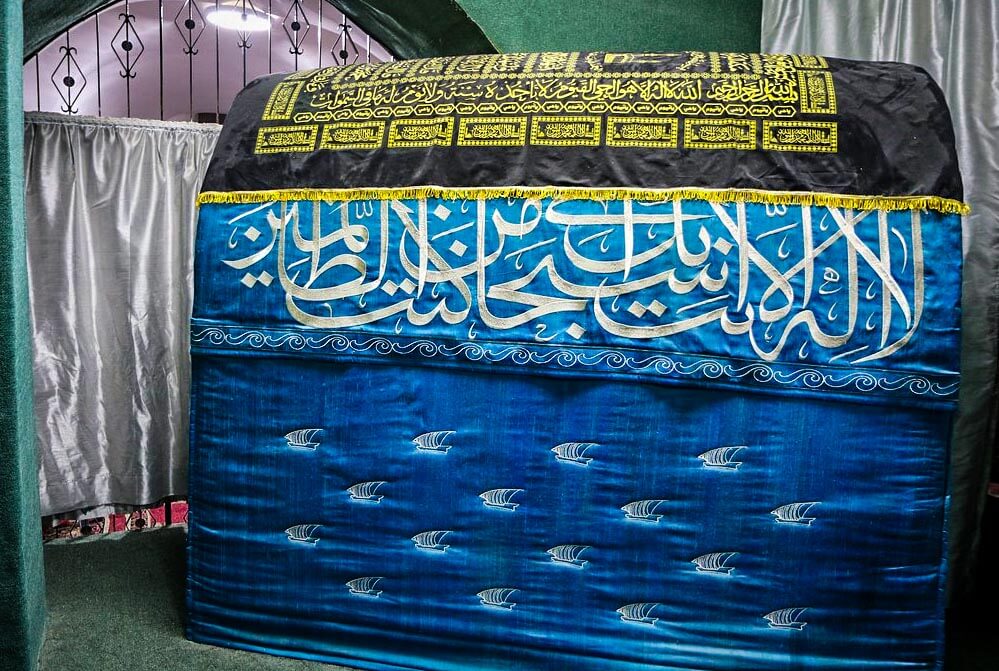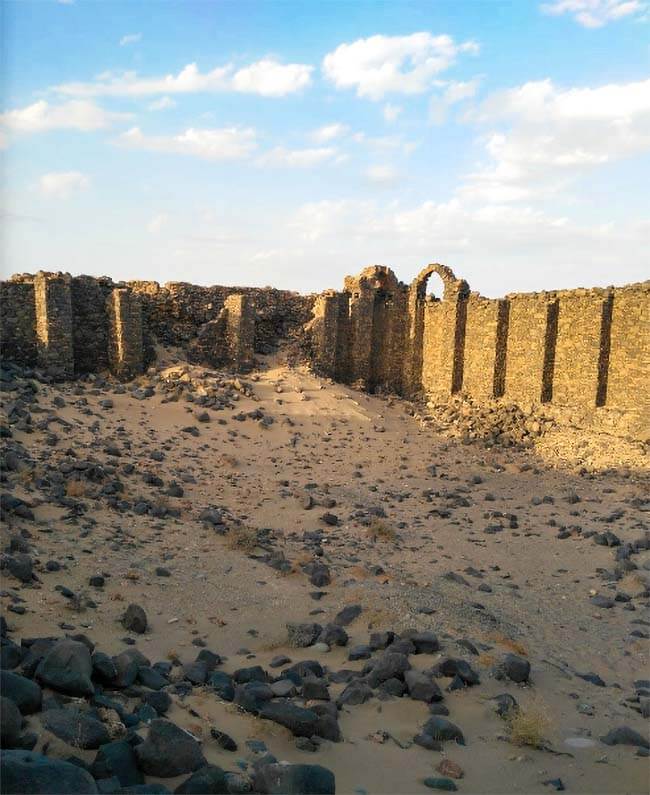WestBank, Palestine
Coordinates: 31.741601, 35.463353
Qumran Caves are a series of caves, some natural, some artificial, found around the archaeological site of Qumran in the Judaean Desert of the West Bank.
It is in these caves that the Dead Sea Scrolls were discovered.
The Dead Sea Scrolls are ancient Jewish religious manuscripts that were found in the Qumran Caves in the Judaean Desert, near Ein Feshkha on the northern shore of the Dead Sea in the West Bank. Scholarly consensus dates these scrolls from the last three centuries BCE and the first century CE.
The Qumran community was driven from its wilderness retreat by the Romans in AD 68, leaving its library of scrolls hidden in caves for safe-keeping.
In late 1946 or early 1947, a Bedouin boy of the Ta’amireh tribe, Muhammid Ahmed el-Hamed called edh-Dhib (the wolf), found a cave after searching for a lost animal. He stumbled onto the first cave containing scrolls from two thousand years ago.
More Ta’amireh visited the cave and scrolls were taken back to their encampment. They were shown to Mar Samuel of the Monastery of Saint Mark in April 1947 and the discovery of the Dead Sea Scrolls was made known.
Who hid the scrolls at Qumran? Academics have hotly debated this question. The prevalent view is that the scrolls were written or copied by a devout group of Essenes, a strict Jewish sect formed in reaction to what they saw as religious laxity in Judaism.
Where are the scrolls now? Most are in Jerusalem (eight at the Shrine of the Book, where pages are regularly on display, and the others at the Rockefeller Museum). Some are in Jordan and Europe.
No scrolls mention anything about Hz. Hz. Isa عليه اسلام
Israel Nature and Parks Authority took over the site following the end of the 1967 war, when Israel occupied the West Bank and seized Qumran. Israel has since invested heavily in the area to establish the Qumran caves as a site of “uniquely Israeli Jewish heritage”.
The caves are recognized in Israel as a National Heritage Site, despite the caves being in occupied Palestinian territories; as such, the designation has drawn criticism.


